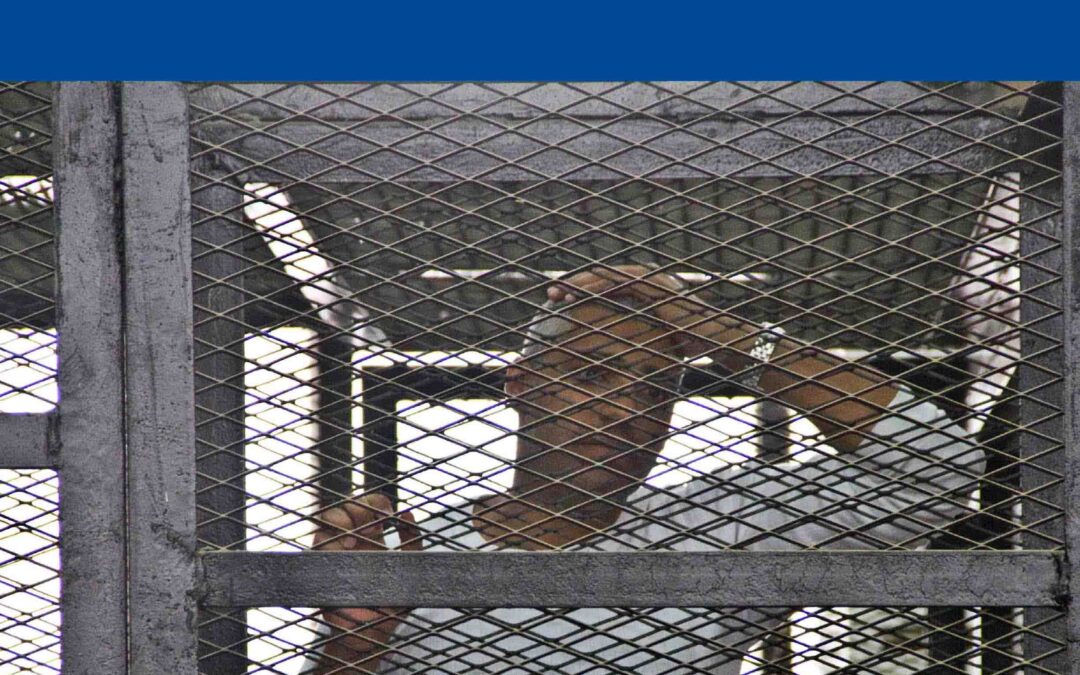
Oct 12, 2016
The Egyptian authorities must end executive interference in judicial affairs and act to ensure that the judiciary is independent and that it serves to safeguard human rights and uphold the rule of law, the ICJ said today.
The statement came as the ICJ released its new report Egypt’s Judiciary: a Tool of Repression. Lack of Effective Guarantees of Independence and Impartiality.
The report documents the many ways in which the judiciary has been used as a tool to silence those suspected of opposing the Military and Executive.
This include prosecutors and judges initiating and continuing prosecutions on unfounded charges; adopting a presumption in favour of pre-trial detention; applying laws in violation of human rights standards and refusing to permit constitutional challenges to those laws; and failing to respect fundamental fair trial rights.
Convictions in Egypt are regularly based on poorly reasoned judgments and without individual findings of guilt.
“Egypt’s military and executive have subordinated the judiciary to their political will, making it a docile tool in their on-going, sustained crackdown on human rights in Egypt,” said Said Benarbia, ICJ MENA Director.
“In doing so, judges and prosecutors have abdicated their primary responsibility in upholding the rule of law. Rather than acting as a check on the arbitrary exercise of power, judges themselves have become complicit in violating the very rights they are mandated to protect,” he added.
Thousands of political opponents, human rights defenders, pro-democracy campaigners, journalists and individuals exercising their right to freedom of expression and assembly have been subjected to politicized prosecutions and convicted following unfair trials.
The report also documents how the military and the executive’s crackdown has extended to lawyers and judges suspected of opposing the authorities, the very individuals who are supposed to be the last line of defence of rights and freedoms.
The ICJ has found that the structural and systemic politicization of the Egyptian judiciary has been facilitated, in part, by the failure of the legal framework in force to provide for the necessary guarantees for judicial independence and accountability.
The report analyses how the composition, mandate and actions of the High Judicial Council (HJC), have undermined its ability to ensure respect of judicial independence.
The institutional and functional subordination of the Office of the Public Prosecutor to the Executive has meant politicized prosecutions against perceived opposition figures, and a failure to investigate and prosecute alleged human rights violations by police and military personnel.
The report also document how the wide jurisdiction of military and exceptional courts as well as the limited access to the Supreme Constitutional Court (SCC) have contributed to further undermining judicial independence.
The report contains 136 recommendations to the Egyptian authorities aimed at guaranteeing, in law and practice, the independence and accountability of the judiciary in Egypt.
Contact
Said Benarbia, ICJ Director of the ICJ Middle East and North Africa Programme, tel: +41 22 979 38 17, e-mail: said.benarbia(a)icj.org
egypt-tool-of-repression-report-launch-news-press-release-2016-eng (full text with recommendations, in PDF)
egypt-tool-of-repression-report-launch-news-press-release-2016-ara (full text in Arabic, PDF)
egypt-tool-of-repression-publications-reports-thematic-reports-2016-eng (full report, in PDF)
egypt-tool-of-repression-publications-reports-thematic-reports-2016-ara (full report, Arabic version, in PDF)
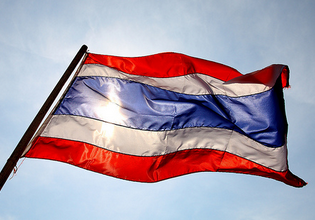
Oct 11, 2016 | News
Thailand should immediately end the use of Article 44 of the Interim Constitution which gives the Head of the military junta sweeping, unchecked powers contrary to the rule of law and human rights, said the ICJ today.
Despite widespread international condemnation of Article 44, its use has increased every year since the Interim Constitution was promulgated on 22 July 2014 following the coup d’état of 22 May 2014.
The Head of the National Council for Peace and Order (NCPO), Prayut Chan-o-cha, has issued at least 107 Orders under Article 44 (available in the public domain): at least one in 2014; 44 in 2015; and 62 in 2016 to date – with 37 Orders being issued since June 2016 alone.
“The Head of the NCPO’s increasing willingness to use extraordinary powers to make ad hoc, arbitrary changes to existing laws and regulations without judicial oversight should be alarming to everyone, including the business sector,” said Wilder Tayler, Secretary General of the ICJ.
“Article 44 places law making power in the hands of one man, while Articles 47 and 48 of the Interim Constitution block judicial review or access to remedies and reparation. This is entirely inconsistent with the three fundamental pillars of the rule of law, equality, accountability and predictability, and should be revoked immediately,” he added.
The Article 44 orders range from those restricting the civil rights of all people in Thailand to those aimed at seemingly minor and ordinary bureaucratic processes.
To date, Article 44 has been used to introduce a raft of revisions into existing Thai law without observing proper process or practice, including providing for the acquisition of land for the establishment of Special Economic Zones bypassing the usual environmental and social checks and balances provided for in domestic legislation; granting military officers sweeping powers of investigation, arrest and detention; and prohibiting the gathering of five or more persons for political purposes.
“It is long past time for Thailand to revoke Article 44 and all others laws, orders and announcements issued since the military coup that are inconsistent with the rule of law and human rights,” Tayler said.
“The justifications the military presented for such measures were never valid or credible, and certainly not so after more than two years of direct military rule.”
All Orders issued under Article 44 – and all other NCPO Orders and Announcements – will continue to remain in force under the draft Constitution that was accepted at a public referendum on 7 August 2016, and may only be repealed or amended by an Act.
Last week, Deputy Prime Minister Wissanu Krea-ngam announced that the NCPO was considering converting many of the hundreds of orders issued by the NCPO into legislation, including those issued under Article 44.
thailand-art-44-ncpo-news-press-releases-2016-eng (full text with background, in PDF)
thailand-head-of-ncpo-orders-advocacy-2016-eng (full list of all publicly available Head of NCPO Orders, in PDF)
thailand-art-44-ncpo-news-press-releases-2016-tha (full text in Thai, PDF)
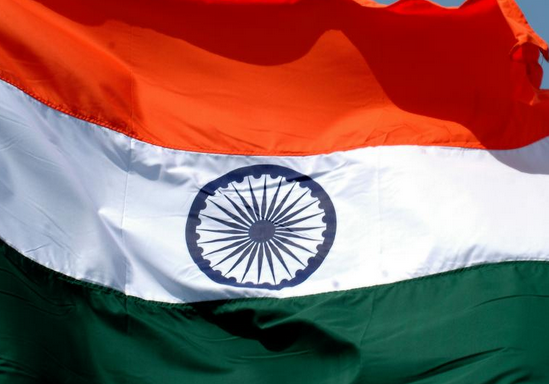
Sep 16, 2016 | Advocacy, Non-legal submissions
On 16 September 2016, the ICJ made a submission to the Universal Periodic Review of India.
The submission brings to the attention of the members of the Human Rights Council’s Working Group on the UPR issues concerning:
- discrimination and violence based on sexual orientation and gender identity;
- death penalty;
- impunity and accountability;
- freedom of speech, expression and association;
- ratification and implementation of international human rights instruments.
india-icj-upr-submission-advocay-non-legal-submission-2016-eng (full text in PDF)
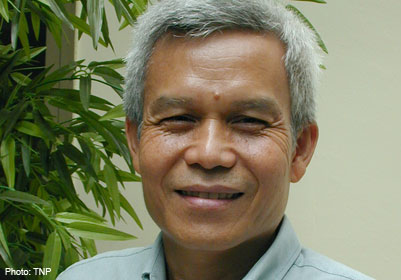
Aug 31, 2016 | News
ASEAN meeting should highlight disappeared Lao leader Sombath Somphone, denial of liberties, said human rights and advocacy groups at a press conference held today in Bangkok.
On the eve of the annual ASEAN leaders summit in Vientiane, the groups (Human Right Watch, ASEAN Parliamentarians for Human Rights, Civil Rights Defenders, Focus on the Global South, Mekong Watch and the ICJ) called upon the Lao PDR Government to commit to address its widespread violations of human rights, including instances of enforced disappearances and arbitrary detention.
Visiting world leaders have a unique opportunity to publicly raise human rights concerns during the ASEAN summit in Vientiane from September 6-8. They should press the Lao government to cease the abuses that have consistently placed Laos at the bottom of rights and development indexes measuring rights, press freedom, democracy, religious freedom, and economic transparency, the groups added.
At the event organized by The Sombath Initiative at the Foreign Correspondents Club of Thailand in Bangkok, the groups also released a set of briefing papers on forcibly disappeared civil society leader Sombath Somphone (photo), Laos’ restrictions on democracy and human rights, lack freedom of expression, failure to meet human rights obligations, and impacts of foreign aid and investment.
“More than three and half years after he disappeared, the Lao government still has provided no clear answers to what happened to my husband, Sombath Somphone, who was taken away in truck at a police checkpoint in Vientiane,” said Shui Meng Ng, wife of Sombath and board member of The Sombath Initiative.
“President Obama, the United Nations, and ASEAN and its dialogue partners should urge the Lao Government to urgently resolve the case of Sombath’s enforced disappearance and return him safely to me and my family. They should also demand the Lao Government end enforced disappearances, so that the ordinary people of the country can respect their government rather than fear it.”
“The fact that the Lao PDR government’s last detailed report on the progress of the investigation was released over three years ago suggests the Lao authorities are not carrying out an effective investigation into this case as they are required to do under international law,” said Kingsley Abbott, a Senior International Legal Adviser with the International Commission of Jurists (ICJ).
“It is not enough for the Lao government to simply keep asserting on the international stage that it is investigating this case. International law obliges Lao PDR authorities to conduct an investigation that is credible and effective, and provide regular updates on its progress including to Sombath’s wife, Shui Meng,” he added.
Basic civil and political rights are systematically denied in Laos, and government authorities move quickly to arbitrarily arrest those expressing critical views of the government, either in day to day life or more recently on-line.
In March 2016, police arrested three Lao migrant workers who had posted critical comments about the Lao government while they were working in Thailand, and continues to detain them arbitrarily. A Lao court also sentenced activist Bounthanh Khammavong in September 2015 to 4 years and 9 months in prison for posting critical comments on Facebook.
Laos also imposes onerous restrictions on the right to freedom of association that are incompatible with its human rights obligations.
The government strictly controls the registrations of organizations such as non-profit associations (NPAs), and closely monitors the work plans and budgets of NPAs that it does approve to operate.
Any person who dares to organize and operate an unsanctioned organization faces arrest and prosecution.
Workers are compelled to belong to the Lao Federation of Trade Unions and organizing unions outside that framework is illegal. At the village level, mass organizations controlled by the ruling Lao People’s Revolutionary Party are often the only organizations operating.
Public protests or assemblies are strictly forbidden without government permission, and any efforts organize such events face immediate suppression by the police and security forces.
“Civil society in Laos remains under a hostile spotlight from the government, and UN rights officials have noted that there are few places in the world where they have encountered greater fear and intimidation among community organizations and NGOs,” said Walden Bello, former member of the Philippines Congress and Vice Chair of ASEAN Parliamentarians for Human Rights (APHR).
“Laos has now become one of the most rights repressing countries in ASEAN: leaders in the region and from around the world must stop looking the other way, and demand Vientiane end its asphyxiation of independent civil society,” he added.
Read the full text and quotes here: Laos-End to Human Rights Abuses-News-Press Releases-2016-ENG (in PDF)
Contact
Kingsley Abbott, ICJ Senior International Legal Adviser, t: +66 9 4470 1345, e: kingsley.abbott(a)icj.org
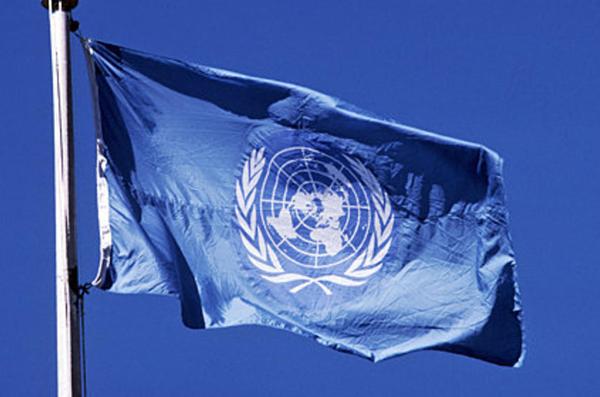
Aug 18, 2016
Various non governmental organizations, including the ICJ have sent a letter calling on the Human Rights Council to adopt a resolution addressing Cambodia’s gravely deteriorating human rights situation.
Cambodia – NGO call to HRC 33-Advocacy-open letters-2016-ENG (full text in PDF)









